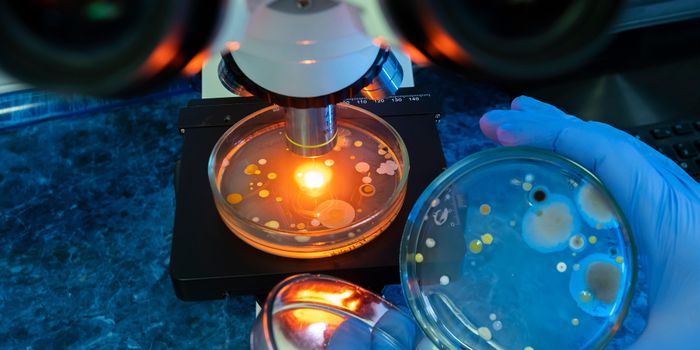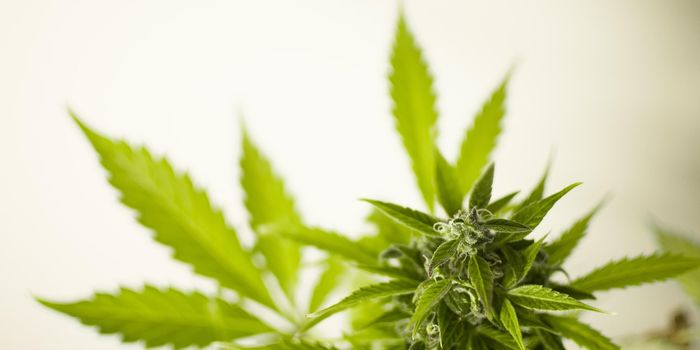Eat Peanuts With Dinner to Build Stronger Arteries
A handful of peanuts during dinner might improve your long-term heart health, a new Penn State study shows. Eating these legumes with your evening meal lowers the level of fat molecules in the blood, which can help reduce arterial stiffness and improve blood flow.
A group of 15 overweight and obese men with no other preexisting health conditions participated in a study, where they were all given a high fat meal. Half of the group also received three ounces of ground unsalted peanuts, and the other half, a control group, were given no peanuts in their meal, although the two meals were still equal in nutritional quality and quantity.
Researchers collected blood samples after 30, 60, 120, and 240 minutes to measure levels of lipids, lipoproteins, and insulin; they used an ultrasound machine to measure blood flow. After an analysis, researchers saw a 32 percent reduction in lipids in the bloodstream in the peanut group only.
What is a lipid? Learn more here:
The spike in blood lipids following a meal, especially one following a high-fat meal, can increase a person’s risk of heart disease, a major killer of people worldwide. An increase in lipids causes a domino effect of reactions: cells lining the arteries stiffen, a reduction in arterial elasticity, limited availability of nitric oxide, and a reduction in arterial dilation. Long-term effects include limiting system-wide blood flow and increased stress on the heart, which can lead to heart failure.
"What you want is a dilation of the arteries and for them to be really elastic,” explained Penn State’s Penny Kris-Etherton, PhD. “Typically, whenever we eat something, it causes the arteries to get a little bit stiffer during the post-meal period, but we have shown that if you eat peanuts with your meal, this can help prevent the stiffening response.”
Future studies will include women, to confirm that the effect of eating peanuts with a meal can help reduce arterial stiffness by decreasing blood lipids. The present study is published in the Journal of Nutrition.
Source: Penn State









